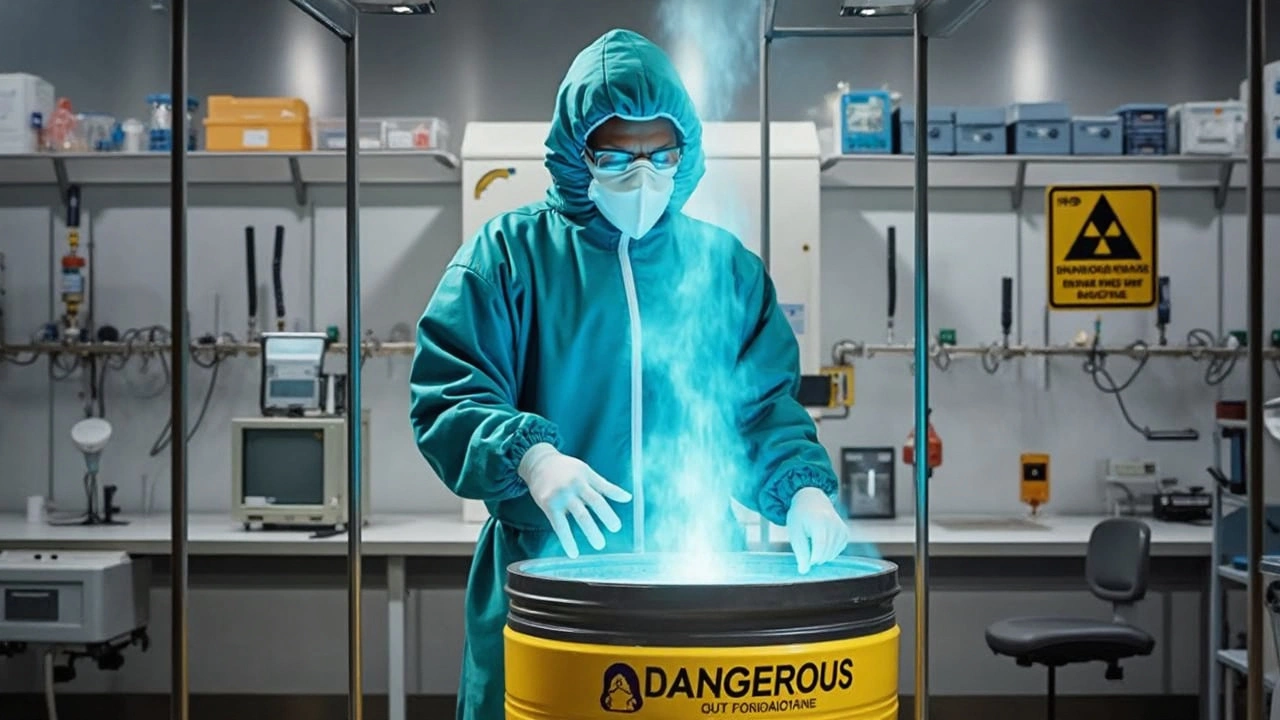IAEA – Your Quick Guide to Global Nuclear News
Ever wondered who watches over nuclear power plants around the world? That's the IAEA – the International Atomic Energy Agency. It’s a UN body that helps countries use nuclear tech safely, share knowledge, and keep weapons from spreading. In plain English, think of it as the global safety net for anything that involves atoms.
Why should you care? Nuclear energy powers homes, runs hospitals, and fuels research labs. When things go wrong, the impact can be huge – think radiation leaks or unsafe waste handling. The IAEA steps in to make sure rules are followed, inspections happen, and experts get the right training. That means a safer environment for everyone.
What the IAEA Does
First off, the agency sets international standards. These are the rules that countries agree to follow when they build reactors or handle radioactive material. The standards cover everything from how a plant is designed to how waste is stored.
Second, the IAEA conducts inspections. Teams travel to nuclear sites, check paperwork, and run tests to verify that everything matches the standards. If they find a problem, they give recommendations and follow up.
Third, the organization runs training programs. Engineers, scientists, and regulators can take courses to learn the latest safety techniques. This helps keep the global workforce up‑to‑date.
Finally, the IAEA promotes peaceful uses of nuclear energy. It supports research on medical imaging, cancer treatment, and clean power projects, showing that atom technology can be a force for good.
Recent Highlights
In the past year, the IAEA released an annual report on nuclear safety that flagged a rise in aging reactors needing upgrades. The agency urged member states to invest in modern control systems and better emergency plans.
Another big story was the agency’s involvement in the dispute over Iran’s nuclear program. Through inspections and diplomatic talks, the IAEA helped verify that Iran was complying with its commitments, keeping the region more stable.
The IAEA also launched a new digital platform for sharing best practices in radiation medicine. Doctors in low‑resource areas can now access tutorials on using radiotherapy equipment safely.
Finally, the agency announced a partnership with several African nations to build small modular reactors. These reactors are designed to be safer and cheaper, offering a clean energy boost for communities that lack reliable electricity.
Keeping an eye on IAEA updates is easy. Follow their official releases, watch for press briefings, and check out their social media channels for quick facts. When you understand what the IAEA does, you’ll see how its work touches daily life – from the power that lights your home to the scans that help doctors diagnose disease.
So the next time you hear a headline about nuclear energy, remember the IAEA is behind the scenes, making sure everything runs smoothly and safely. Stay curious, stay informed, and let the IAEA’s work remind you that even the smallest particles can have a big impact on our world.
IAEA Rejects Radiation Leak Rumors at Kirana Hills After Indian Strikes in Operation Sindoor
The IAEA firmly denied rumors of a radiation leak at Pakistan's Kirana Hills nuclear facility, following speculation after Indian military action nearby. Indian officials stressed their strikes targeted only terrorist and military positions. Social media claims and earthquake reports were dismissed by experts and the IAEA, calming fears of a nuclear incident.
VIEW MORE